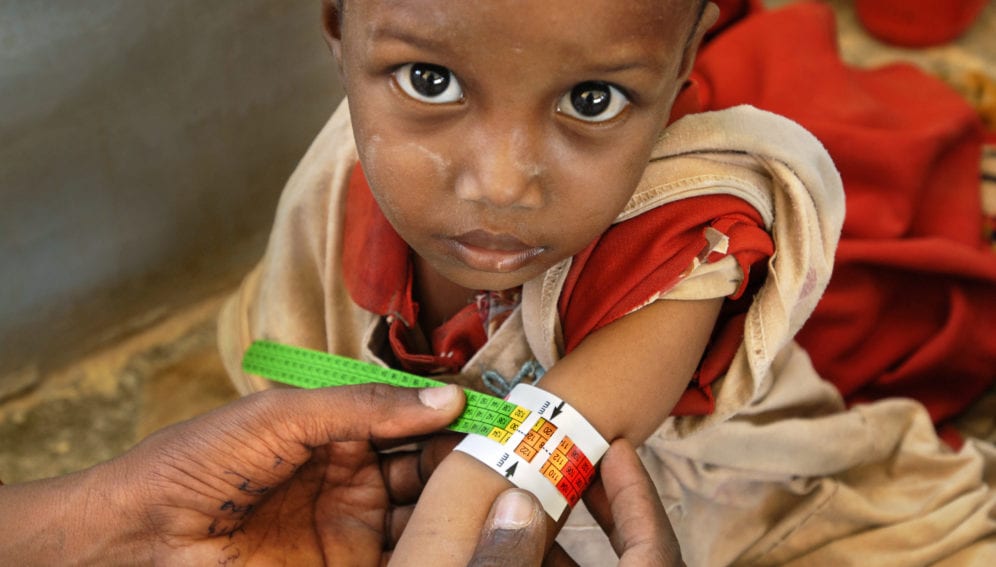By: Imogen Mathers
Send to a friend
The details you provide on this page will not be used to send unsolicited email, and will not be sold to a 3rd party. See privacy policy.

THIS DEBATE HAS ENDED: SCROLL DOWN TO BOTTOM OF PAGE TO READ THE COMMENTS.
The panellists
Moderator
Debate questions
1. What do you consider to be the most serious problems facing health systems in the countries where you’ve worked?
2. What role do community health workers play in these healthcare systems and how can the services they provide be improved?
3. Where have you seen low-cost tech like mhealth services function well and less well in health systems, and what are the reasons for this?
4. Where have you seen locally designed innovation prove effective in strengthening health systems?
5. What is holding back the use of tech and local innovation, and what changes need to happen to nurture it and scale up its use?
6. What do you see as the most potentially transformative tech opportunities over the next few years, and how can governments and international organisations ensure tech is accessible and sustainable?


